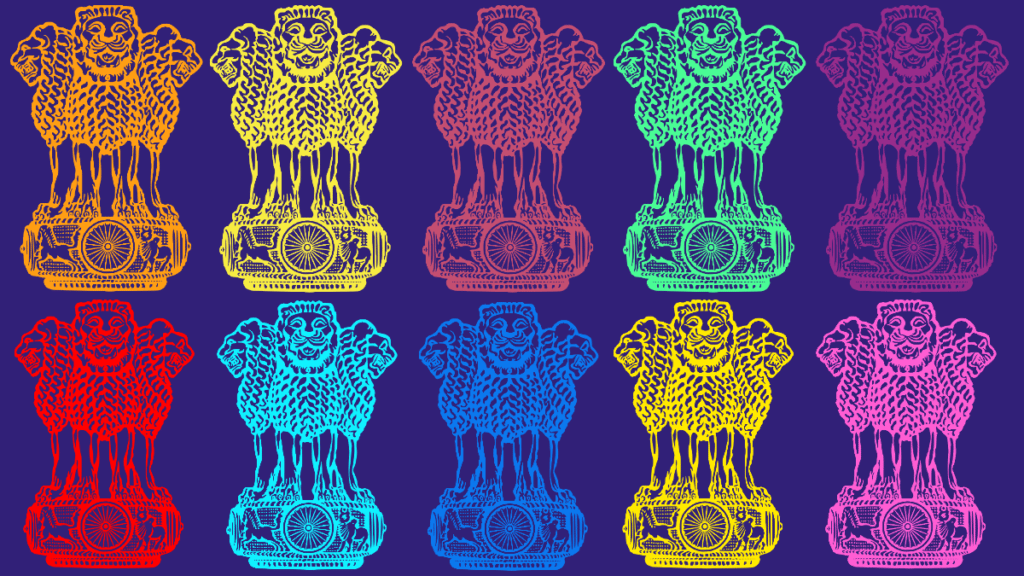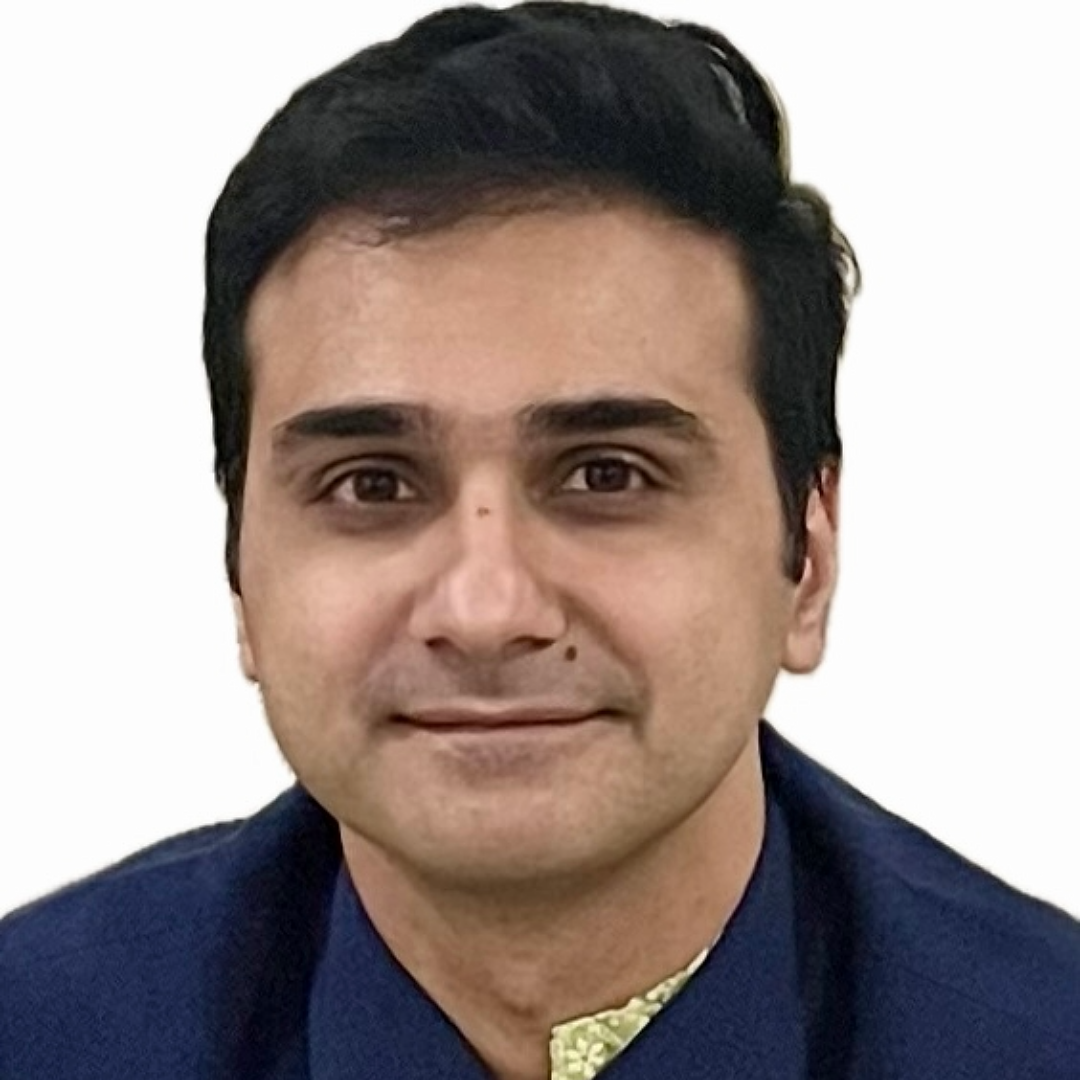Issues with the Indian Government's Attempt to Flag 'Fake' or 'False' Content
Prateek Waghre, Tejasi Panjiar / Feb 2, 2023Prateek Waghre is Policy Director and Tejasi Panjiar is Associate Policy Counsel at the Internet Freedom Foundation, based in New Delhi.

The Indian government’s decision to censor the BBC documentary, “India: The Modi Question,” has been met with anger, disappointment, ridicule and in some instances, support within the country. The documentary, which considers Prime Minister Narendra Modi's role in violence that took place during the 2002 Gujarat riots that resulted in the death of 1,000 Muslims, was first broadcast in Britain last week. Internationally, the government’s move to stamp out segments of the film appearing in social media posts has resulted in even more scrutiny of the government’s actions in a jurisdiction that some believe will play an important role in the battle for free speech on the internet.
An ongoing trend
In taking action against the BBC documentary, the government exercised its emergency powers under Rule 16 of the Information Technology (Intermediary Guidelines and Digital Media Ethics Code) Rules, adopted in 2021 (IT Rules, 2021) and Section 69A of the Information Technology Act, adopted in 2000. The Ministry of Information and Broadcasting (MIB) ordered social media platforms like YouTube and Twitter to take down links and block access to the documentary.
Such exercise of censorship powers by the Union government is part of an ongoing trend rather than an aberration. Since December 2021, MIB has put out at least 7 press releases about its use of 'emergency powers' under Rule 16. Other than the exercise of Rule 16, the Fact Check Unit of the Press Information Bureau (PIB), i.e., Union government’s information dissemination wing as well as the Ministry of Electronics and Information Technology (MeitY) have taken action against online content on various occasions. This is reflective of the Union government’s practice of revealing information or being transparent when “convenient”. Further, in some instances, government-issued content takedown orders only come to light because the platforms follow transparency measures and report them using mechanisms like the Lumen Database. However, since such reporting is a voluntary act, it may not be a reliable defence against executive overreach in the long run. Thus, unfortunately, transparency adopted by the government with respect to censorship orders is either unintentional or as per convenience.
Fragmented consultation process
While the entire world took notice of this breach of power, equal if not more attention needs to be paid to the latest amendment to the IT Rules, 2021, proposed by the Ministry of Electronics and Information Technology (MeitY), which is a step towards strengthening censorship mandated by the Union government.
Under an ongoing public consultation process for the draft amendments to the IT Rules in relation to online gaming, proposed by the Ministry on January 02, 2023, MeitY proposed an additional amendment to the Rules. This additional amendment seeks to amend Rule 3(1)(b)(v) and introduce a new category for the take down of social media content and news media content, i.e. any information that has been identified as ‘fake’ or ‘false’ by the Press Information Bureau (PIB), or any other agency of the Union Government, to which the news story relates. If the draft amendment is passed in its current form, it may make it necessary for intermediaries to take down content that has been ‘fact-checked’ by the Union government, thus essentially making the Union Government the arbiter of permissible online speech.
The fresh amendment was proposed on the very last day of the ongoing consultation, while also extending the deadline to submit feedback. Such a limited extension would have been disappointing even if the fresh amendment would not have been proposed. However, given the wide ranging ramifications of the newly proposed amendment, as well as the expanded set of stakeholders it will impact, the extension of effectively five working days represents the entire consultation period for them. Moreover, the introduction of an amendment of this nature under a public consultation meant for online gaming intermediaries raises questions about the intent, reasoning, processes followed by the government, or the lack thereof.
In the light of this confusion, MeitY extended the consultation deadline for the newly added amendments till February 20, 2023. Once again, the extension was granted on the last day of the consultation period. This is also when the Ministry clarified that the initial extension was limited to the Revised Amendment, and not entirely to the Proposed Amendments, 2023. The clarification was issued on the last day of the extended deadline, by which time several stakeholders would have already submitted their feedback. This reduces trust in the consultation process, and is especially concerning at a time when significant technology policy regulations are being considered.
Problematic amendments
But the piecemeal consultation process followed by the Ministry is only the tip of our concerns. First, what would constitute ‘fake’ or ‘false’ news and how such an amendment will be implemented remains unknown. For instance, there is no clarification or elaboration on what criteria might be used to determine a piece of information should be classified as fake, whether there will be an oversight mechanism to review these decisions, and whether users whose content has been censored will have the right to challenge such a decision. Second, if the proposed amendment goes into effect, the overbroad powers of the Union government’s information dissemination wing will make it easier for it to stifle political dissent. Notably, this amendment will apply not just to social media intermediaries, but to all kinds of intermediaries, such as Internet Service Providers (ISPs), which may be required to take down content which will be classified as ‘fake’ or ‘false’ depending on how it is eventually enforced.
The newly added amendment is also legally contentious. If passed, it may allow statutorily non-empowered agencies such as PIB and other authorized government agencies to give content take-down and censorship orders for online content and news. Furthermore, these powers, which should procedurally be created only through parliamentary intervention, have been proposed under the IT Rules, which were notified through an executive order, and have not placed before the Parliament as should ideally be the practice. An entirely new procedure for internet censorship than what is statutorily prescribed under Section 69A of the IT Act will be created if the updated Rules go into effect. Currently, MeitY is empowered to order the take down of content in certain enumerated and specific conditions which does not include content deemed to be ‘false’ or ‘fake’. The introduction of this new condition under the IT Rules, 2021 is inconsistent with India’s constitutional and democratic principles.
Moreover, definitional ambiguity and framing issues with terms like ‘fake news’, ‘false information’ have been highlighted by civil society organizations, scholars, academics, and researchers. Stepping back, one must also question the very intent to regulate misinformation, and the government’s role in it. As things stand currently, the approach taken by the government seems to categorize information as either true or false. However, this approach might be premature and end up criminalizing information altogether. Instead, it might be worthwhile to study the larger societal context at play before attempting to regulate the information ecosystem.
It is worth remembering that the several amendments to the IT Rules proposed and notified by the Union government have been despite the fact that they have been unequivocally been criticized by several experts, civil society, digital rights groups, industry bodies, technology companies, technical groups and members of the press since their inception. The risk presented by the Rules to “rob the media of its independence” and make the platform “inaccessible to citizens” was accurately identified by the Madras High Court in an Order dated September 16, 2021. It is in spite of this valuable feedback and criticism that the government continues to introduce such amendments which increasingly place restrictions on online free speech and user rights.
Authors

